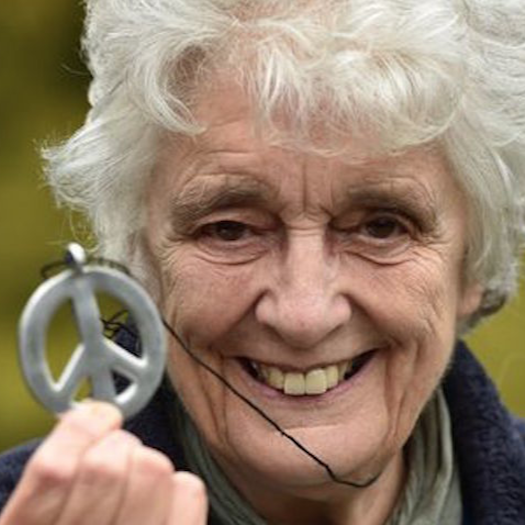
The local election results indicate Labour’s poor stance on Gaza had an impact on voting. Labour CND committee member Rae Street offers some comments on results in the North West, where the influence of Gaza was particularly noticeable.
It is worth noting that in both the mayoral elections and more so in the council elections, the question of Gaza has played a significant part. It has also been interesting to see how George Galloway’s Workers Party has fared with their strong emphasis on Gaza.
In Rochdale, where Galloway had said they were going to ‘wipe’ away the Labour Party, in fact they only took two wards in inner Rochdale. Overall Labour has a firm grip on the Council with 44 seats out of 60.
In Manchester city one seat (Longsight), that of one of the Deputy Council leaders, was gained by the Workers Party, but a local party member said that was an area where George Galloway ‘had been out at full blast’ and reported shouting matches with canvassers. The Manchester Council leader reported it was a good night for Labour, which holds 86 out of 96 seats on the Council, being therefore the largest Labour group in the country.
In Oldham, Labour lost overall control and lost several seats to Independents where a local commentator thought Gaza had been ‘a potentially decisive factor’.
In Bolton, a local commentator, Paul Salveson, wrote about the council elections there, in his newsletter Salvo:
‘In Bolton, Labour could have done better and Gaza was clearly a factor in shifting votes way from Labour towards other parties. Where those votes went was interesting. The most surprising result was in Hallfold ward which has a large Asian [background] community and traditionally has been a solid Labour seat. Yet it was won by Harif Alli, the Green Party candidate.
‘This is the first time the Greens have won a Bolton Council seat, despite the perseverance of Alan Johnson in Dunhill which was won by an Asian Independent. The Greens also did well in Little Lever which has a large Asian population. However, Gaza was not the only factor in people shying away from voting Labour. The “hyper-local” parties all did very well.
‘The places Labour performed best were in quite middle class wards which have traditionally voted Tory. Reform UK with Bolton for Change made no gains and performed quite poorly but undoubtedly took some votes from the Tories and, possibly, Labour. The Workers Party of George Galloway stood a few candidates, but made little headway, despite the Gaza factor.
‘You can’t draw too many overall conclusions from what happened in Bolton and Oldham, but what strikes me is that: a} Gaza is a big issue among Asian voters and Labour can no longer rely on their loyalty and b) that the white working class vote is vulnerable to hyper-local parties and also Reform around the margins. In more middle class wards, Labour is popular helped by many Tory voters not bothering to vote. ‘
